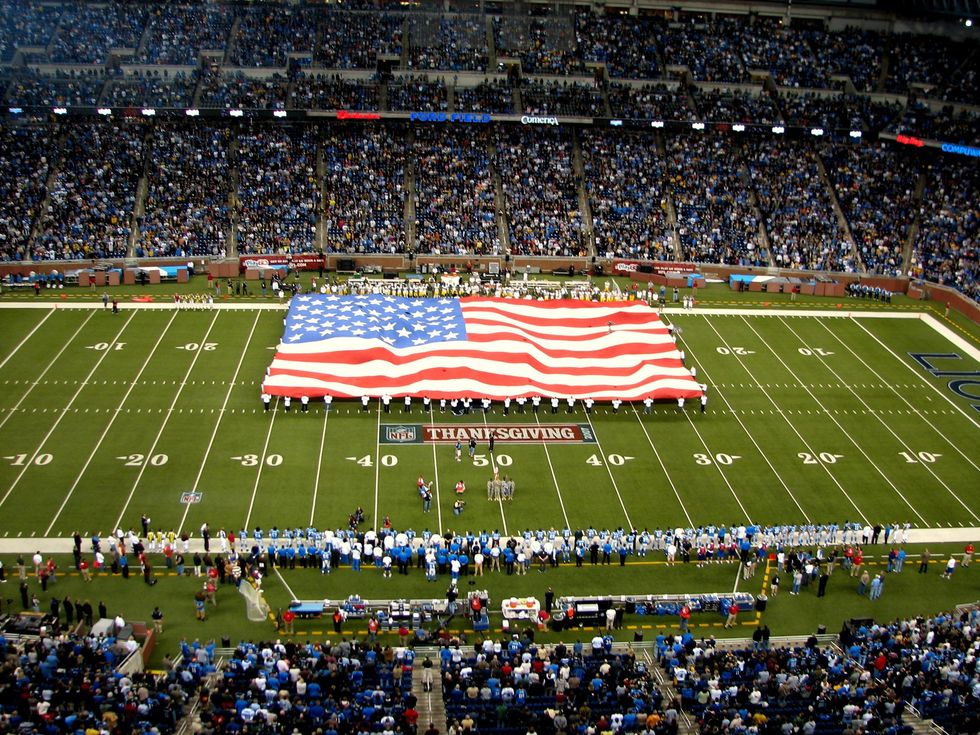"O'er the land of the free and the home of the brave!"
We sing the national anthem with these words in mind. We sing the national anthem — the anthem that said that America would prevail over injustice and authoritarianism, and through it all, we would win.
But protesting one's choice not to stand for it does more harm than good. It harms the meaning of the very anthem we want those to stand for.
It sheds the value of the anthem on its own. How is the land free if everyone — to some extent — is forced to participate in it? If everyone stands, without volunteering, the very song and the very meaning of the message we are singing about is falsified and ignored.
It means nothing if the entity that is the song is not bound to the message it provides — the amazing story it tells, the honor it delivers and the passion it so wholesomely represents.
If we are singing it without its intentions and story in mind, are we really singing the anthem?
It's a question we have to ask ourselves. If the player so badly wants to protest, or the audience doesn't want to rise, wouldn't they be doing a greater injustice to America and the anthem if they were to falsify and ignore the message it's meant to spread? To rise with dishonor and force, rather with pride and fulfillment of what it is being sung?
And here's the thing. Protesting, kneeling and sitting during the national anthem isn't something that will end with the desired result. The truth is, the anthem isn't meant for everybody to stand up for. It's not meant to be sung by everyone. If it was, it wouldn't be the anthem it is today.
If we are the land of the free, then we must accept that there's freedom in kneeling.
And that doesn't mean that one can't or shouldn't' dislike what kneeling might represent. I won't take a stance on the debate surrounding racial profiling just yet, but in the case that the argument is legitimate, there's a reason — outside of just the anthem — behind the protest. I know I'd at least consider taking a knee if the kneel represented educational injustice.
In the case that the argument is bad or illegitimate, allowing those to kneel still helps strengthen the purpose of the anthem of its own. It's an explicit expression of the saying, "I may disagree with what you say, but I'll defend to the death for your right to say it."



















